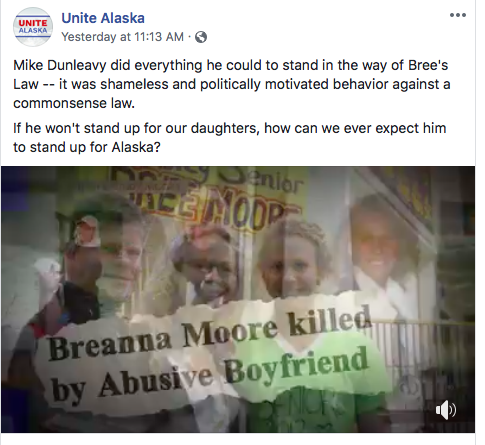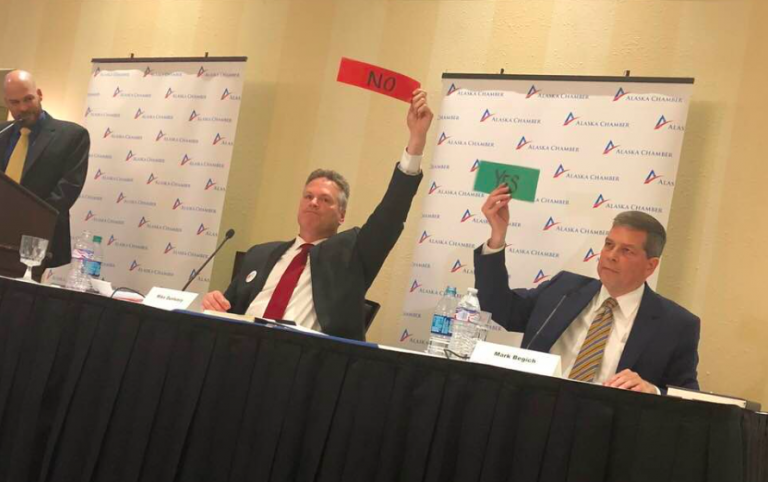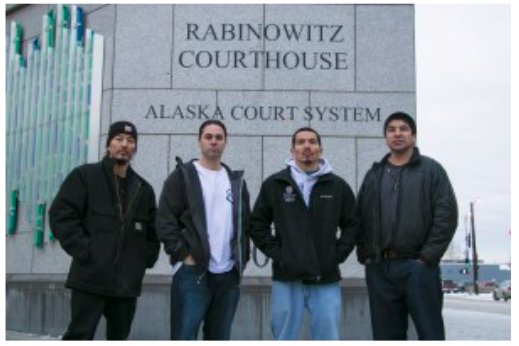WOMEN LEAVE THE GROUP RESPONSIBLE FOR BREE’S LAW ADS
A political group that has been attacking Mike Dunleavy, the Republican candidate for governor, has disbanded.
The ironically named Unite Alaska pulled their “Bree’s Law” ads and shut down their web site after the women who were associated with the group pulled out. Their ad buys in the Anchorage radio market expire tomorrow.
Must Read Alaska wrote about the hit job on Dunleavy earlier this week, writing that the group had weaponized the death of the young Anchorage woman, who was killed by an abusive boyfriend.
Bree Moore’s death led to a law supporting the teaching of dating violence prevention in schools. But the political group had callously use her murder to score political points against Dunleavy, even though he had voted in favor of the law.

Thousands of people had seen the ads on television, radio, and in social media.
As for Dunleavy, he is the father of three daughters in the same age range as Bree, when she was murdered. The attack against him was off-putting to parents.
The collapse of Unite Alaska isn’t permanent. It’s being reconstituted with a new and more accurate name: Alaskans Opposing Dunleavy. That group registered with the Alaska Public Offices Commission today.
Alaskans Opposing Dunleavy is made up of unsavory elements left over from the former Unite Alaska group:
- Vince Beltrami
- Joey Merrick
- Tim Navarre
- Joe Thomas
- Jim Sampson
None of the women business leaders from Native Corporations who were associated with the former Unite Alaska came over to the new group.
Alaskans Opposed to Dunleavy is now a pure union super-PAC, with no private sector representatives. The tactics the group will use will likely be similar to those these men have used in the past, which means the next 12 days will be ugly.
Beltrami is president of AFL-CIO, Merrick is president of Laborers 341, while Jim Sampson and Joe Thomas are semi-retired Fairbanks union bosses.











